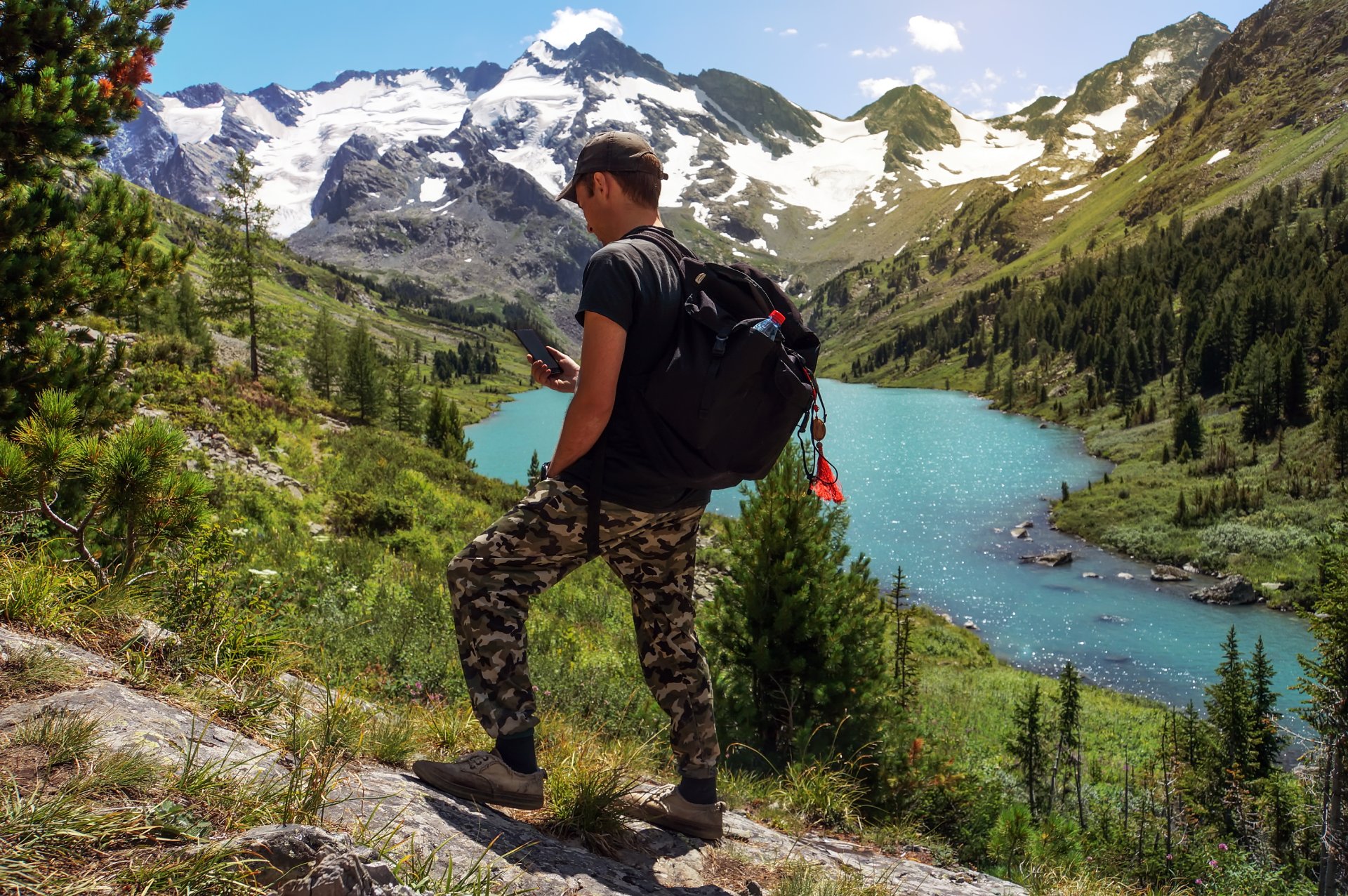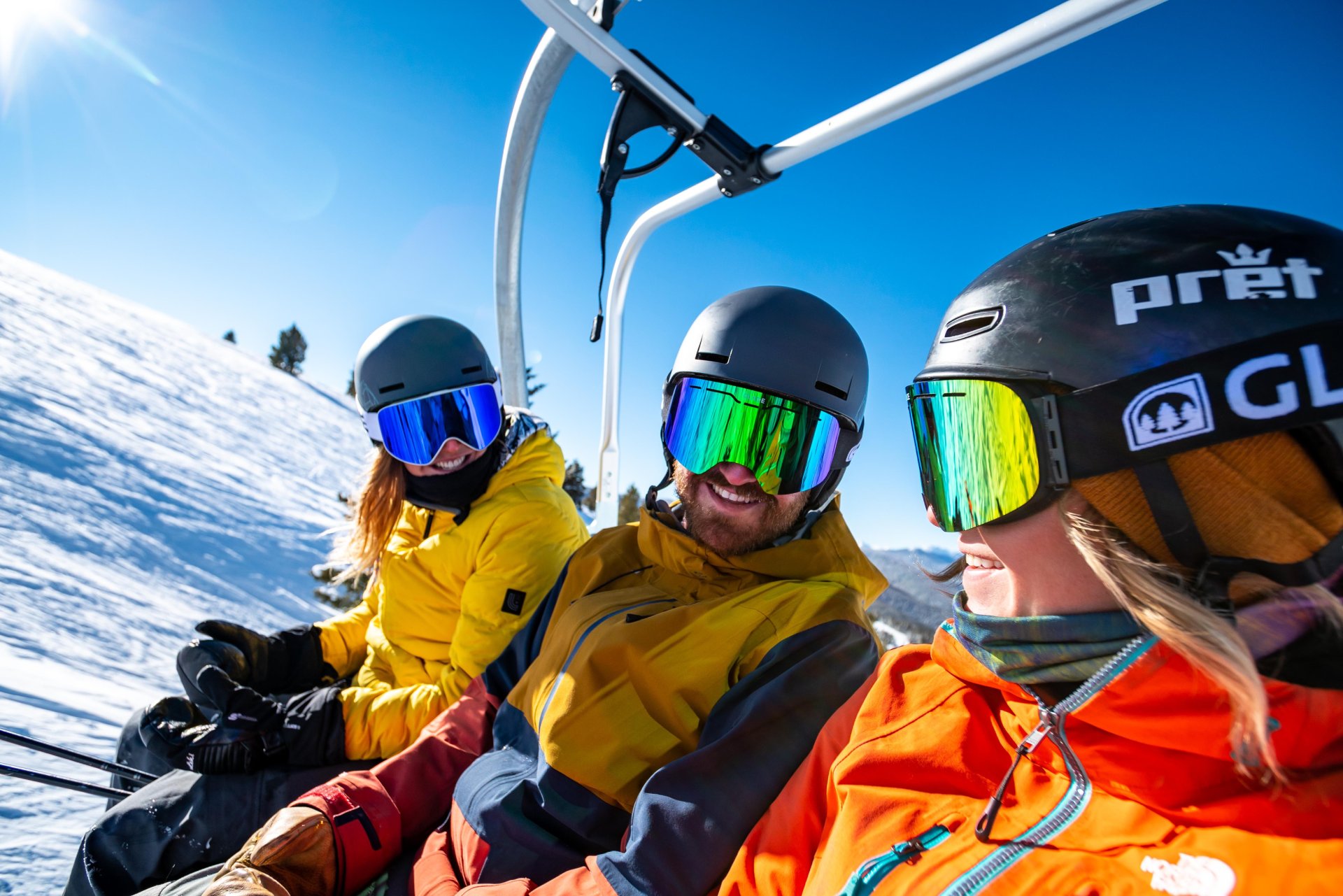Related Posts

Jul 24, 2024 4 mins read
Traveler Protection: A Bare Essential at a Nude Beach

Jul 10, 2024 10 mins read
Satcom Devices: Essential for Business, Adventure and Leisure Travelers

Jun 14, 2024 11 mins read
Winning at the Olympics: Paris 2024 Travel Survival Guide

Jun 05, 2024 10 mins read
Summer Travel Survival Guide: Staying Safe in the Face of Natural Disasters

Feb 28, 2024 4 mins read
Face Value: In-person Business Resurges Amid Virtual Meeting Fatigue

Jan 17, 2024 4 mins read
Avoiding Avalanches: Essential Tips for Backcountry Adventurers

Jan 11, 2024 4 mins read
Snow Blindness Blues: When the Sun Leaves You in the Dark

Jan 09, 2024 6 mins read
The Cold Road Ahead: Tips To Master Winter Driving
General TotalCare Disclaimer:
- ©2024 Global Rescue LLC. TotalCare and the TotalCare logo are service marks of Global Rescue LLC. All Rights Reserved. Global Rescue LLC provides technical and administrative services to Elite Medical Group, P.C. (“Elite Medical”), a professional corporation owned by licensed physicians that employs or contracts with physicians licensed to practice medicine where medical services are provided. It is not guaranteed that a prescription will be written, nor will any DEA controlled substances, non-therapeutic drugs and certain other drugs which may be harmful because of their potential for abuse, as a result of a TotalCare consultation. Elite Medical physicians reserve the right to deny care for potential or actual misuse of services. The Global Rescue Mobile App is designed for operation on the current versions of Android and iOS operating systems. Availability of services is subject to your equipment compatibility, connectivity and signal in your location. There is no guarantee that all features and functionality will be available in your location. Use and availability of the Mobile App is subject to your service provider’s plan and may be subject to additional fees from your provider.
Extended Plan TotalCareSM:
- For individuals 85+, medical transport is not included in membership. Members 85+ may purchase medical transport on a fee for service basis.
Mobile Apps:
- Global Rescue Mobile Apps are designed for operation on the current versions of Android and iOS operating systems. Availability of services is subject to your equipment compatibility, connectivity and signal in your location. There is no guarantee that all features and functionality will be available in your location. Use and availability of the Mobile Apps are subject to your service provider’s plan and may be subject to additional fees from your provider. The download and use of a Global Rescue Mobile App is subject to the terms of your Member Services Agreement and the applicable End User License Agreement (EULA).
Mobile Apps:
- Global Rescue Mobile Apps are designed for operation on the current versions of Android and iOS operating systems. Availability of services is subject to your equipment compatibility, connectivity and signal in your location. There is no guarantee that all features and functionality will be available in your location. Use and availability of the Mobile Apps are subject to your service provider’s plan and may be subject to additional fees from your provider. The download and use of a Global Rescue Mobile App is subject to the terms of your Member Services Agreement and the applicable End User License Agreement (EULA).

